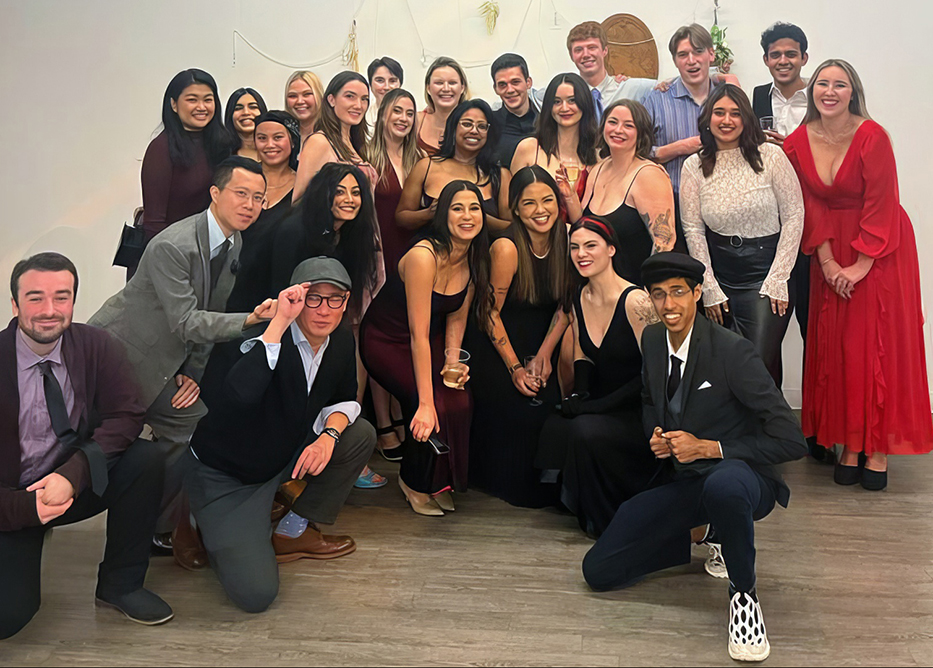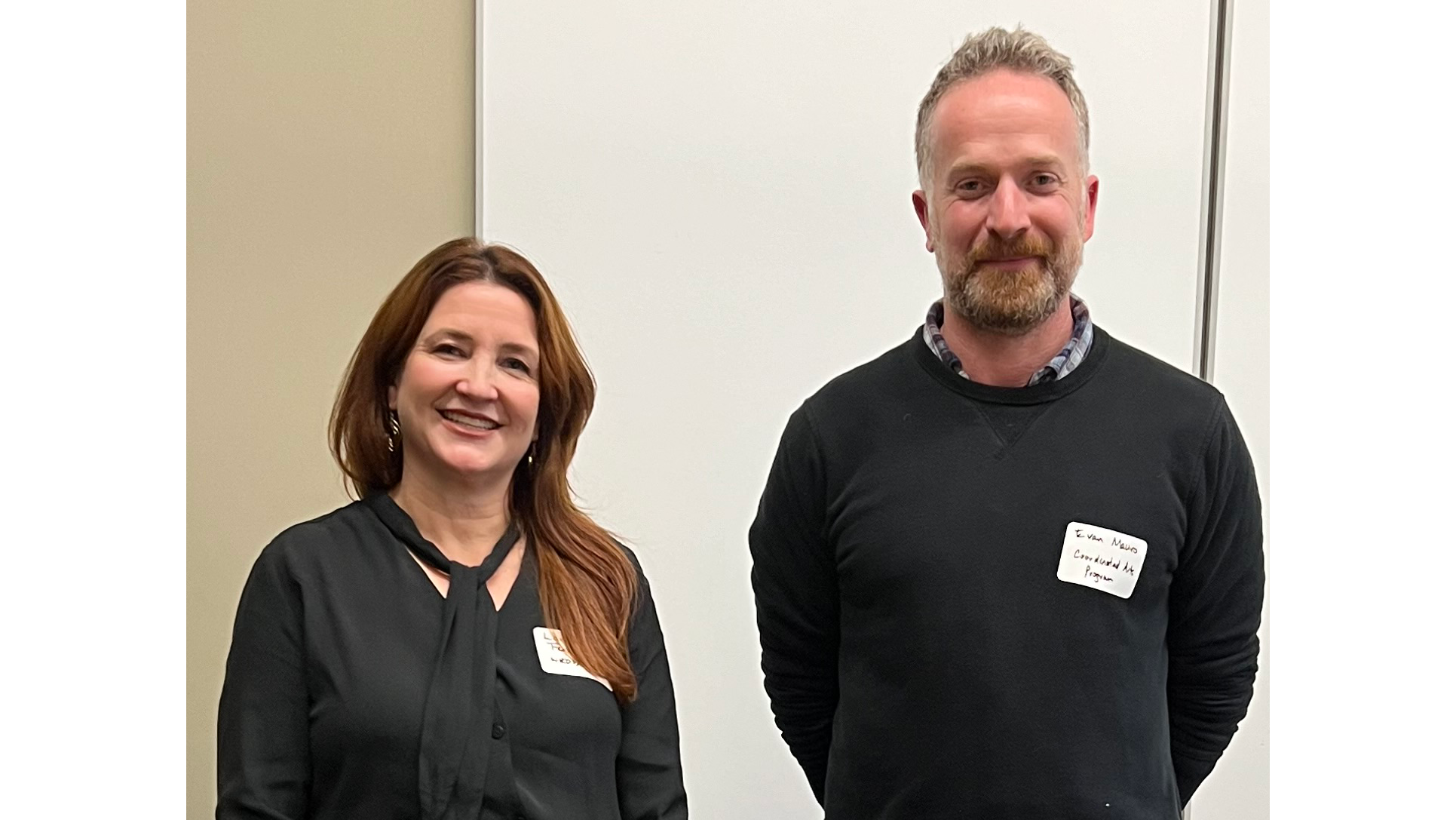As part of our professional journalism program, the School of Journalism, Writing, and Media regularly requires students to go into the “field” to observe, report, interview, and record media.
Students have many questions about what kind of reporting is allowed, and how they can go about gaining field reporting experience safely.
Please note that the situation is constantly changing, as are both professional media practices and university rules. We have compiled a list of answers to questions students may have.
If this FAQ does not address a question you have, please email the school, and we will consider adding your question to this growing list.
UBC & COVID-19
Your safety is first and foremost, and you need to feel comfortable meeting with people and reporting in person. If at any point you feel your health or safety are at risk, follow your instincts and consider cancelling field reporting. Your grade will not be impacted in any way by your refusal to report in the field, and faculty will work with you to help you get reporting done without fieldwork, if necessary.
Mental Health & Reporting
https://wellbeing.ubc.ca/student-resources
It can be challenging to report under the best of circumstances. UBC has many resources available to support your mental health and wellbeing.
May I interview or record people in person?
Consider if there is an alternative way to get what you need for your reporting. Phone and Zoom are obvious options, but there are emerging methods of remote photographic, audio and video reporting as well that you could employ. Speak with your instructor about these options, if you would like to explore them. If you do decide to meet with story subjects or sources in person, you must follow basic COVID-19 protocols, which include wearing a mask and maintaining a distance of at least 2 meters at all times. Avoid shaking hands with sources. Whenever possible, arrange for meeting outdoors, which will greatly reduce the risk of COVID-19 transmission. Keep track of weather, and if necessary reschedule an outdoor meeting. If such a schedule change affects your completion of a reporting project, consider requesting an extension from your instruction, and explain the circumstances. If there is a compelling reason to conduct a meeting indoors, you must clear this with your instructor beforehand. Explain why you feel an indoor meeting is important, and have as much information as possible, including the size of the space, and what kind of ventilation.
For audio recording, do not hold a microphone close to an interview subject’s mouth. There are mic stands you can check out, and you can set up the microphone so it is in close proximity to the speaker without you personally being too close. You can also consider using a direction (shotgun) mic, or asking an interview subject to put on a lavalier microphone. Do not put a lav mic on your subject, since you cannot do this without being closer than 2 meters – ask them to do it, and guide them on how to position it best to get good sound and to hide the wire.
Pro Tips
On masks: Stay close enough to hear , but do not be afraid to tell someone to back up if you’re uncomfortable. Invest in N95 masks, especially in areas where a lot of people might not wear masks.
How can I report on crowded events like protests?
If you are planning to cover an outdoor event with a large crowd, discuss your reporting plan with your instructor beforehand. Make sure to always keep at least a 2 meter distance and always wear a mask. Please keep in mind that at protests, people may be shouting and may project virus particles more readily, so err on the side of caution – try to stay as far away as possible. If you are filming or photographing, consider using a long lens and tripod (for video), so you can get detailed shots without having to move in too close. As is always the case when reporting from big crowds, have an exit plan in place in case the crowd gets rowdy or violent.
What to do if your interview subject is not masked during an interview?
You may feel uncomfortable asking an interview subject to wear a mask. When donning your own mask, you may want to suggest they wear a mask. One good technique is to bring a new mask with you, and offer it to them. If they turn down the offer – or if they simply do not volunteer to put on their own mask – consider increasing your distance from them. If you are indoors, ask them if you can do the interview outside. You do not have a legal right to require an interview subject to wear a mask, but you can suggest to them in any way you feel comfortable that they should consider wearing one. If at any point you feel uncomfortable by their not wearing a mask, you can cancel the interview or reschedule it remotely.
If I am photographing or filming, can I ask people to remove their mask?
Most media organizations avoid photographing or filming people with masks, unless the circumstances call for it (eg, medical personnel). If you would like to take images of your story or interview subject without a mask, politely ask them if they are comfortable removing their mask. If they are not, then consider filming them with their mask. If they agree to remove their mask, make sure to keep at least 2 meters away from them, and be conscious of ventilation. Ideally do this filming outdoors. If you are recording sound, follow the suggestion above for getting professional-quality sound, while maintaining safe COVID-19 protocols.
How should I travel to meet with interview subjects?
Use your best judgement on travel in the field. Buses are generally safe, but consider alternative sources of transport, including walking, biking, or getting a ride.
May I travel long distances by car, train or plane to do reporting?
These rules are constantly being re-evaluated by the university. If you require travel beyond your locality, which might require long driving, or travel by train or plane, discuss this with your instructor.
How do I clean equipment after using it in the field?
Emerging research indicates that SARS-CoV-2, the virus that causes COVID-19, does not readily spread through surfaces, so there is no need to clean most equipment you take out into the field. However, if you have used a microphone close to a story subject, gently wipe it down with 70% isopropyl alcohol before using it with another interview subject, and before returning it to school. Camera kits will have portable alcohol wipes included.
What if I have other questions?
You could discuss your concerns or questions with your instructors directly or write to the School at: jrnl.journal@ubc.ca


